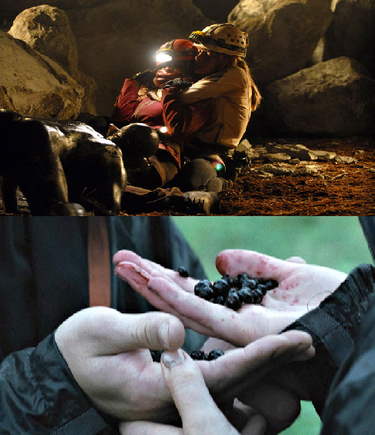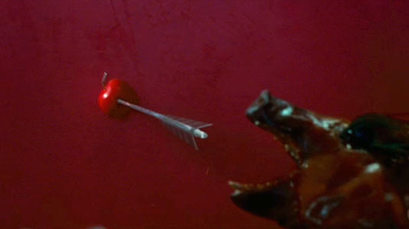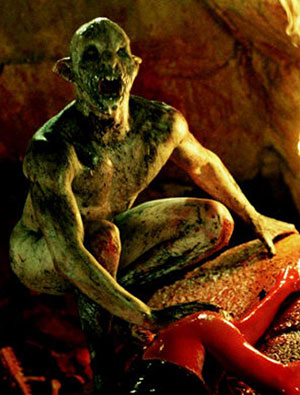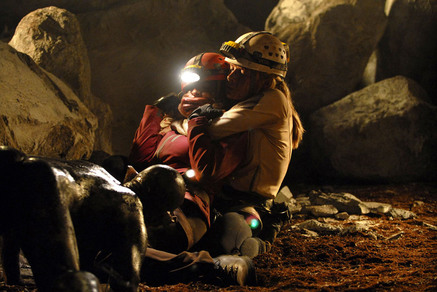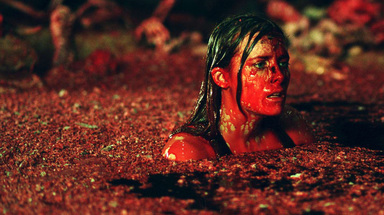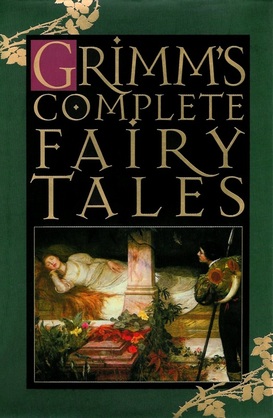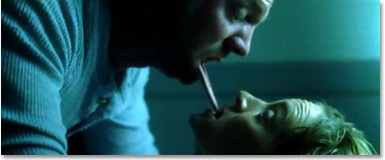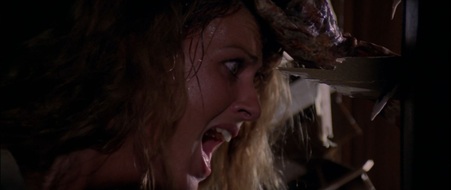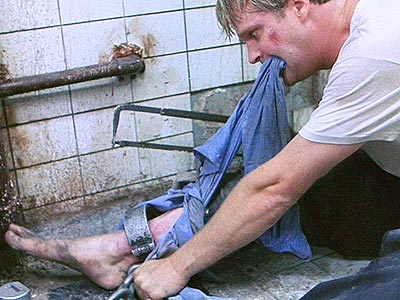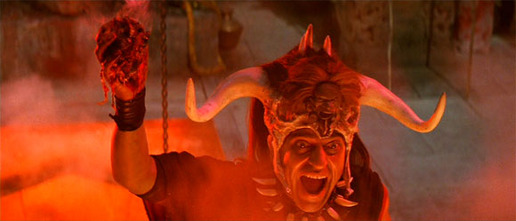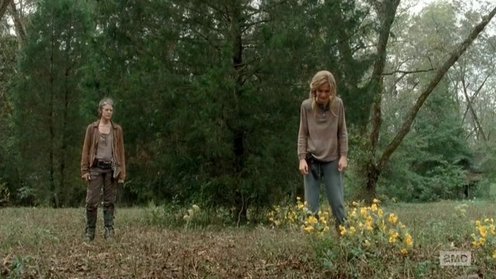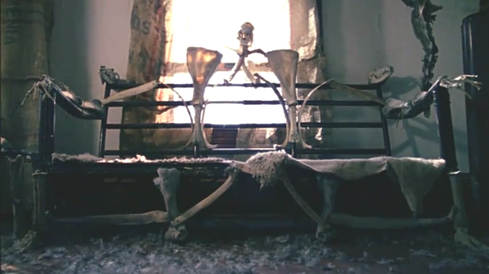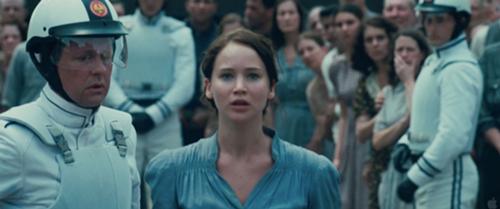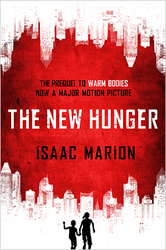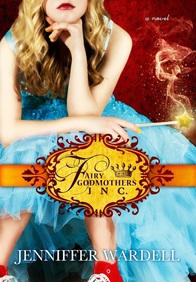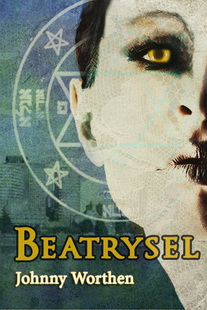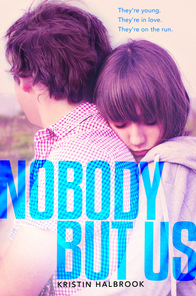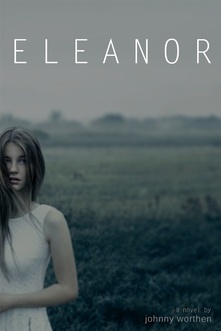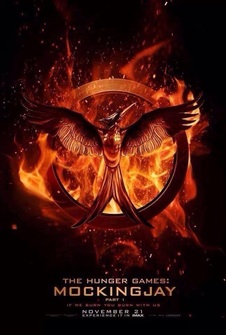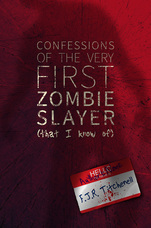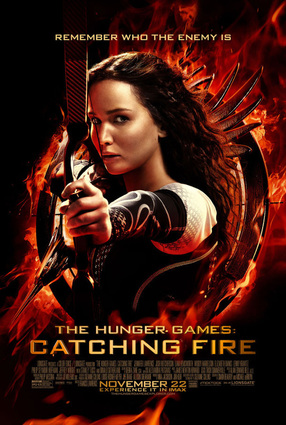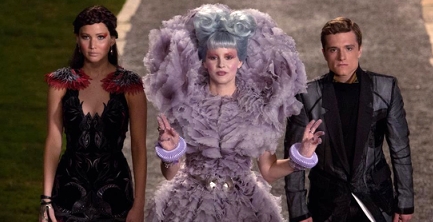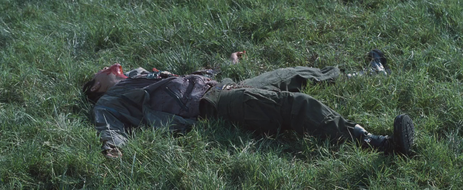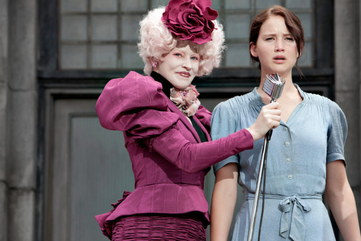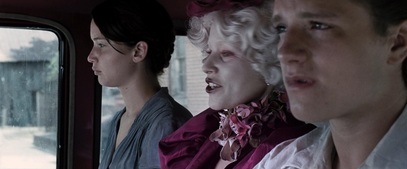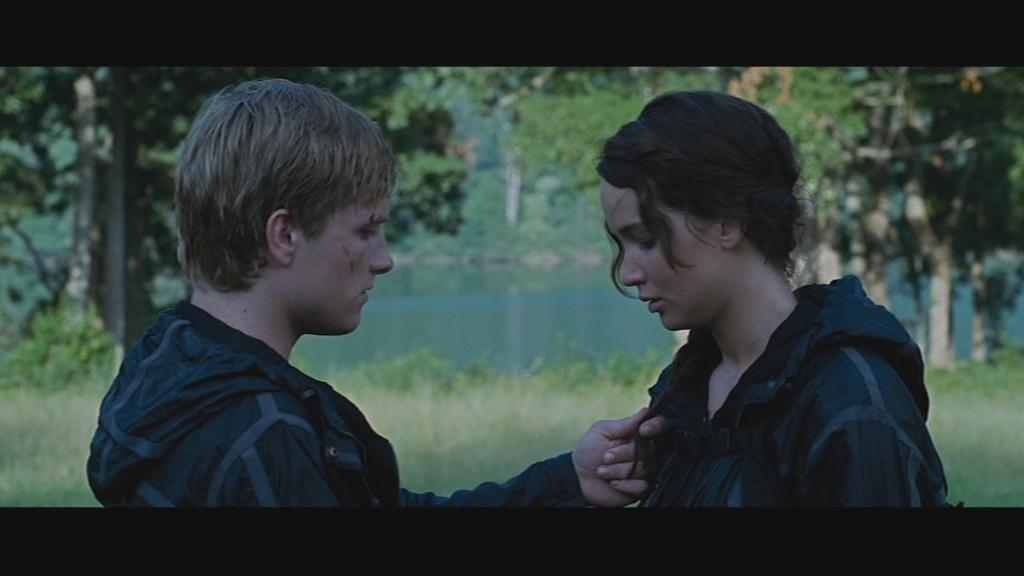Seems like time for a new Fi’s Five list, doesn’t it?
A couple years back, I posted a rant (among my favorite articles on this blog to date) about one of my biggest fiction pet peeves: Rape Gang Alley.
This month, I’ll be counting down five other recurring fictional motifs that get under my skin. Some are plain and simple errors, some are common cheap devices that rub me especially the wrong way with their excessive prevalence.
First up, that monster, weapon, place, etc. crafted carefully for maximum dramatic effect… and nothing else.
Example, you ask?
Well, much as it pains me, I’m going to pick on The Hunger Games.
I love-love-love The Hunger Games, so I mostly forgive its wordbuilding flaws for the sake of the great characters and moments said world supports, but the rules of the eponymous game definitely count as an example of That Thing.
They're perfectly designed to set up Katniss's rebellion, which means they're pretty severely unrefined for their intended purpose of subjugation within the universe.
Really, in seventy-four years of forcing teenagers to fight to the death for the amusement of the rich, not one of them has ever considered suicide before Katniss? There’s no “play by the rules or we’ll kill your family” contingency already in place for this?
And if there isn’t such a precedent in play to keep tributes in line, why have none of them ever tried taking their righteous anger out on their captors at the first opportunity before? No one ever thought it might be worth putting up a force field to allay any temptation before Katniss’s stunt?
Sure, Katniss is a rebellious type, but these aren’t huge leaps given her position. No one else went there first? In seventy-four years? Why not? Why are all these loopholes still available?
Because drama wants Katniss to get to do these things and catch the bad guys unprepared.
Or, for a less cerebral, more visceral kind of logic-challenged drama, how about those subterranean monsters from The Descent?
The Descent is a frequent low-level entry on lists of the scariest movies of all time (when said lists acknowledge the existence of movies made within the last twenty years). It follows a group of spelunkers who lose their way in a cave system full of flesh-eating troglodytes, and yes, scary it is.
The problem is that the main weakness of the creatures, the main hope for the heroes, basically the central deciding element of the conflict, is the fact that after evolving for as long as they have in the absence of light, the creatures can’t see.
This allows for a lot of very tense scenes in which the heroes must make as little noise as possible to allow the creatures to pass them by, including a scene in which one of the creatures crawls unknowingly over a living person’s body.
Okay, it’s dramatic, but drama is all the thought that went into that monster design. Animals that evolve to live underground do end up with limited or nonexistent vision, because vision isn’t a priority for survival or mating when there’s no sunlight to see by. Other senses, on the other hand, are a priority when vision isn’t a viable option, and animals that survive and thrive without light adapt to compensate.
Why on earth would a species that’s existed underground long enough to lose its eyesight not have developed a decent sense of smell? How about heat sensing? Even while swimming through rivers of blood, those lost humans have to stand out pretty warm against an underground stone backdrop.
The only possible reason for these creatures to exist this way is to be able to crawl dramatically over potential victims without eating them.
It’s in the same boat those blood testers from Feed that drive me absolutely nuts. Who in their right mind would program a device to give results to the question “am I about to become a zombie?” in the form of dramatically cycling lights, unless their sole priority was to create audience tension?
This gripe isn’t a dismissal of the importance of drama, not by any means. The point of fiction is to make the audience feel something, and writers get a certain level of license to push things in dramatically necessary directions. There’s a responsibility, even, to give the fiction a chance to push further or present its subject more clearly than the cluttered randomness of reality can do alone.
But please, present me with that story in a place that feels possible from every angle, not only head-on. Give me enough internal logic to keep me from thinking my way out, and I’m that much closer to a captive audience.
Agree? Disagree? Comments are always welcome! Or keep up with my fictional musings by joining me on Facebook, Pinterest, Twitter, or by signing up for email updates in the panel on the right!
